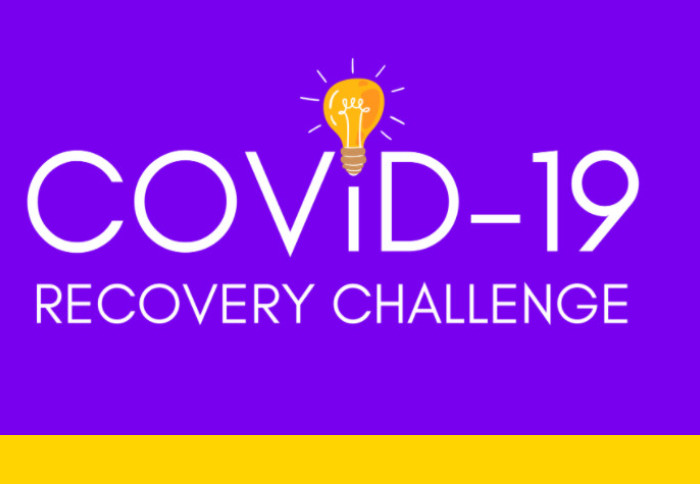
Global S&T Development Trend Analysis Platform of Resources and Environment
| Students find solutions to post-pandemic challenges at virtual hackathon | |
| admin | |
| 2020-07-20 | |
| 发布年 | 2020 |
| 语种 | 英语 |
| 国家 | 英国 |
| 领域 | 资源环境 |
| 正文(英文) | 

Over 200 students, making up 43 teams, from universities around the world came together to devise sustainable solutions to post-pandemic challenges. The COVID-19 Recovery Challenge hackathon, organised by Imperial College London students, also featured those from LSE, Harvard, UCL and Tecnológico de Monterrey. The weeklong hackathon aimed to bring together the brightest minds from accross the world to generate sustainable solutions to the challenges that will be faced post-lockdown by individuals, businesses and industries. During the hackathon, students heard from prominent entrepreneurs and innovators including Terri Duhon, Board Member and Non-Executive Director at Morgan Stanley, Dr Mark Davies, Chief Medical Officer at IBM and philanthropist and industrialist tycoon Abdul Samad Rabiu. Participants also received mentoring and workshops to help them hone their ideas, which were judged by a panel of business leaders. The top three teams each won cash prizes of more than £2,500, exclusive mentoring opportunities and free online courses. All 43 teams that participated will have the chance to turn their solutions into real-life ideas with the help of the hackathon’s sponsors, mentors and other companies. The winning teamsFirst place went to team CT-X who aim to tackle the problem of delayed scientific research, both during and after the pandemic, by offering a solution that will automate processes required for patient involvement in clinical trials. Their patient engagement platform would match patients to the most suitable studies according to their age, gender and health conditions, reducing delays and improving patient satisfaction. Second place was awarded to team Medgate whose solution is to develop an ecosystem for unutilised medical equipment and making medical equipment available to more patients. Third place went to Grapevine, a virtual event and networking tool as a solution to conferences and events being cancelled worldwide. The Innovation and Entrepreneurship Club also awarded a prize to OpX2 who have developed an artificial intelligence (AI) model to identify instances of patients not attending hospital appointments. Solutions for health, hospitality and transportMore than half the participating teams had solutions in the health industry, including digital platforms to support mental health awareness, managing hospital bed overflow, 3D facemasks, and the distributions of vaccines. Others created platform solutions for online learning, restaurants and event bookings, safe public transportation, and connecting employees through a new, work from home culture. The full range of pitches can be viewed online. The hackathon was organised by Rhea Singhla, Chiara Vivaldi, Anupreksha Jain, and Daniel Byrd Suarez who are all members of Imperial College Business School’s Innovation and Entrepreneurship Club and was supported by Imperial’s Enterprise Lab. It followed the Code 2 Care hackathon, which challenged students to create sustainable health tech solutions. |
| URL | 查看原文 |
| 来源平台 | Imperial College London |
| 文献类型 | 新闻 |
| 条目标识符 | http://119.78.100.173/C666/handle/2XK7JSWQ/284589 |
| 专题 | 资源环境科学 |
| 推荐引用方式 GB/T 7714 | admin. Students find solutions to post-pandemic challenges at virtual hackathon. 2020. |
| 条目包含的文件 | 条目无相关文件。 | |||||
| 个性服务 |
| 推荐该条目 |
| 保存到收藏夹 |
| 查看访问统计 |
| 导出为Endnote文件 |
| 谷歌学术 |
| 谷歌学术中相似的文章 |
| [admin]的文章 |
| 百度学术 |
| 百度学术中相似的文章 |
| [admin]的文章 |
| 必应学术 |
| 必应学术中相似的文章 |
| [admin]的文章 |
| 相关权益政策 |
| 暂无数据 |
| 收藏/分享 |
除非特别说明,本系统中所有内容都受版权保护,并保留所有权利。
修改评论